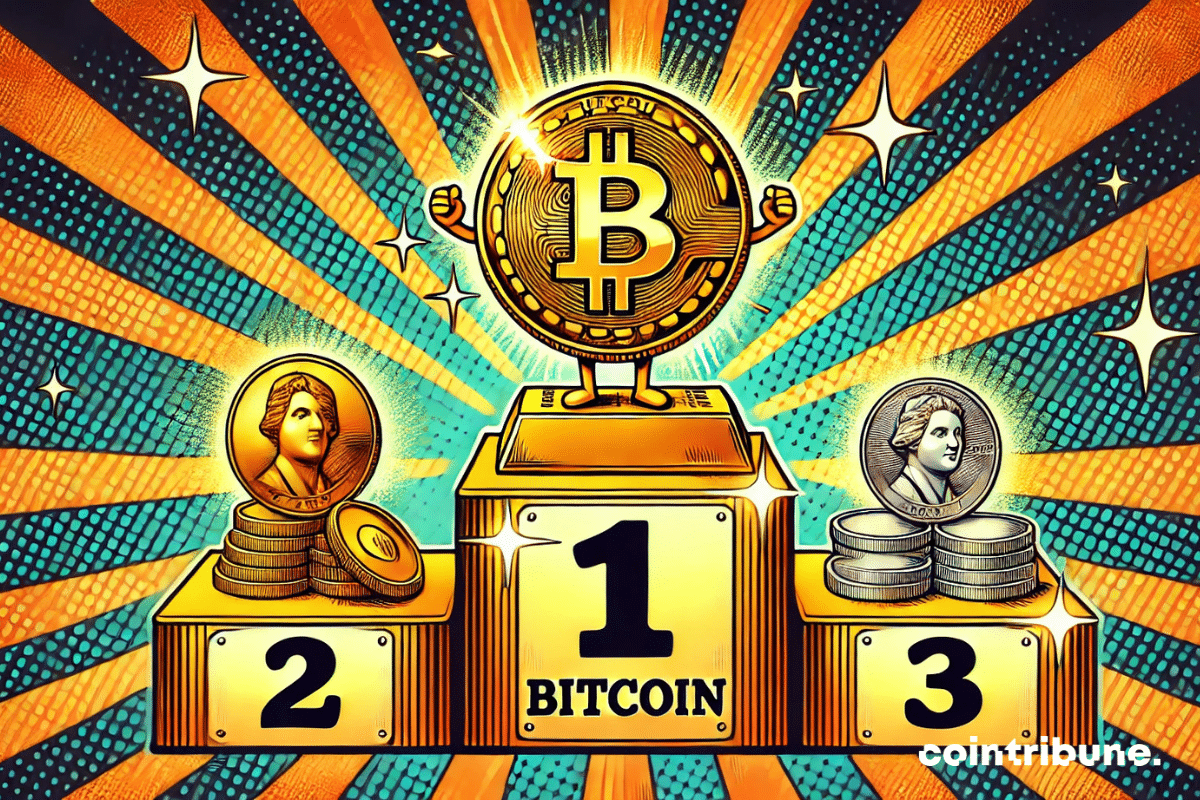Assets Rebalance Amid Global Economic Uncertainty

As the global economy faces rising public deficits, chronic inflation, and fragile bonds, investors are turning to alternative assets in search of stability. Recent market sentiment suggests a growing interest in strategic safe-havens like Bitcoin, gold, and silver.
A shift in investor behavior is underway, driven by the decreased reliability of traditional solutions such as government bonds. Cryptocurrencies, especially Bitcoin, are gaining traction as a store of value, drawing parallels with traditional commodities like precious metals. The reevaluation of investment strategies is reflected in the convergence of spot Bitcoin Exchange-Traded Funds (ETFs), which could lead to a seismic overhaul of the 60/40 investment portfolio industry standard.
Brian Russ, Chief Investment Officer at 1971 Capital, notes that Bitcoin is increasingly being recognized as a part of the conversation around traditional commodities, driven by a perception that is changing investor behavior. This shift is being influenced by the evolving regulatory landscape and market sentiment, with the potential for widespread adoption of Bitcoin and other cryptocurrencies as safe-haven assets.
In an effort to hedge against potential economic downturns, investors are reassessing their portfolios, with gold, silver, and Bitcoin emerging as top choices. As the economic climate remains volatile, this shift signals a profound change in the way investors approach risk management and portfolio diversification. The adoption of these alternative assets could fundamentally transform the investment landscape, leading to a new era of asset allocation.
The ongoing surge in demand for Bitcoin, gold, and silver underscores the growing concern among investors about the security of traditional assets. As public deficits and inflation continue to strain the global economy, these alternative assets may prove to be essential in bridging the gap between risk and resilience in the face of economic uncertainty.